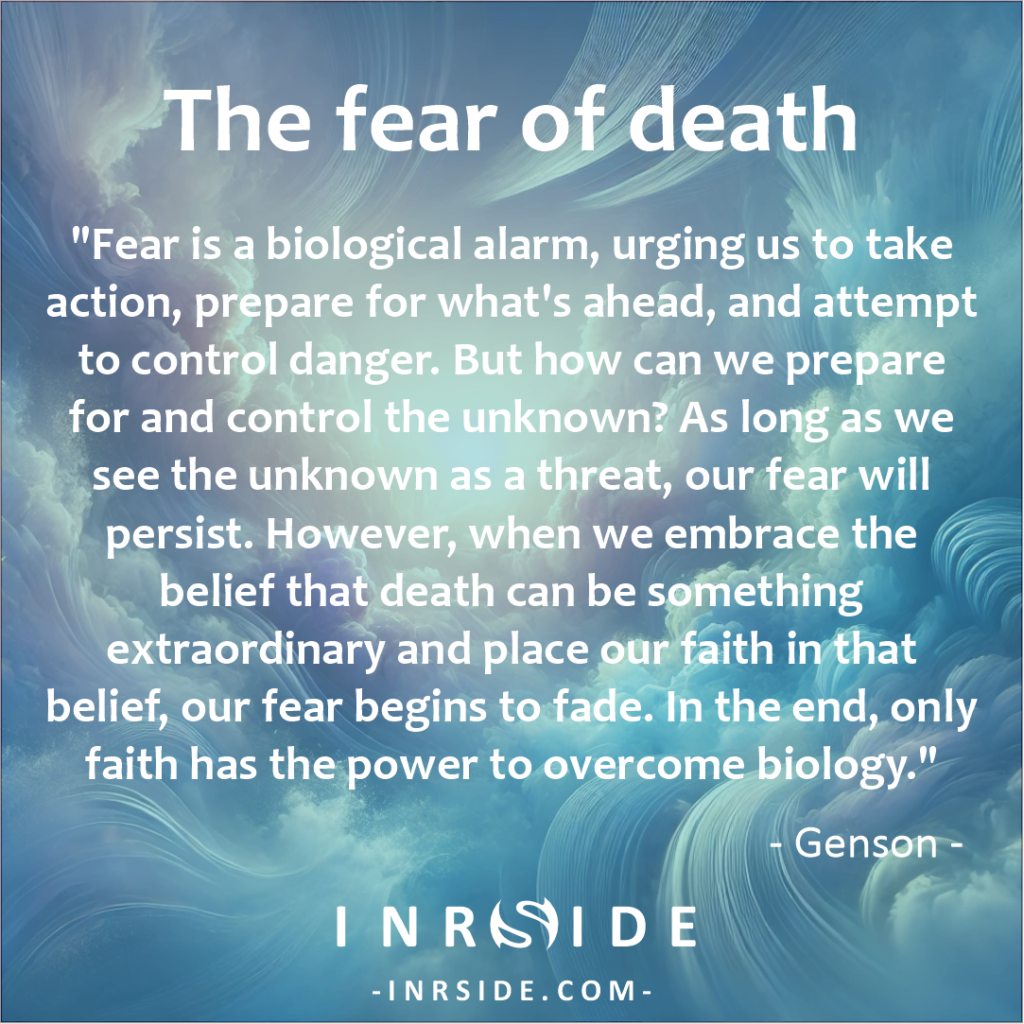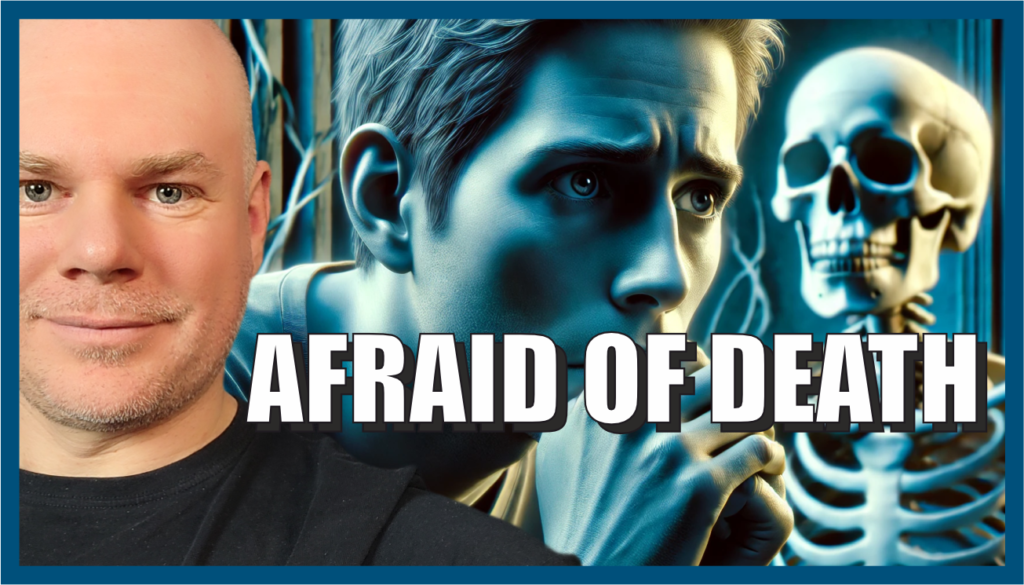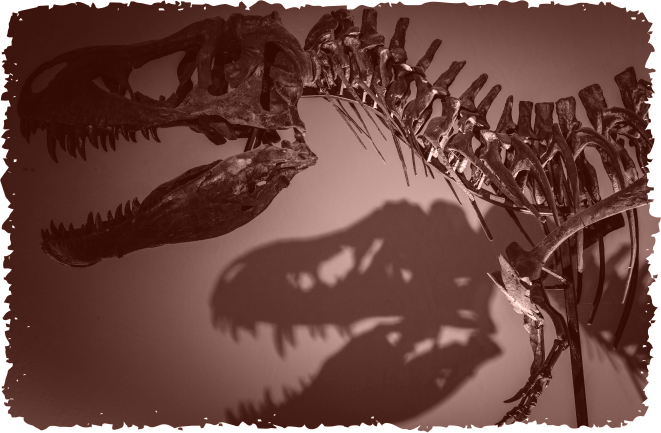Fear is a deeply ingrained emotion in human beings, an instinctual response designed to protect us from danger. Among the many fears we experience, the fear of death stands out as one of the most universal and persistent. But why is death, something so natural and inevitable, a source of such deep anxiety? In this post, we explore the evolutionary roots of fear, the reasons why we fear death, and how people try to cope with this fear, whether through action or belief.
Fear: Our Survival Mechanism
Fear is not just an emotion; it’s a tool that has been vital to human survival throughout evolution. It helps us anticipate danger, take action, and increase our chances of survival. Over millions of years, fear has played a key role in helping species evolve from simple organisms, like fish and jellyfish, to the complex beings we are today.
At its core, fear triggers a biological response to threats—whether it’s fleeing from predators, finding safety, or preparing for potential dangers. In the modern world, while the physical dangers may have decreased, instinctual fear remains hardwired in our system. This is why we still experience fear even in situations where there is no immediate threat to our survival.
Why Are We Afraid of Death?
The fear of death, in particular, presents a unique challenge. Unlike most dangers, death is an unknown—we can’t predict or control what happens after we die. Fear usually helps us by allowing us to anticipate future events and prepare for them. However, because death is beyond our control and understanding, it becomes a fear we cannot fully address or solve.
As humans, we try to anticipate and prepare for every aspect of our lives, but death defies this approach. We cannot “prepare” for something we don’t fully understand, and this uncertainty makes death seem like the ultimate threat. This inability to control or predict death leads to lingering anxiety and an unresolved sense of fear.
Worrying and Anxiety: The Mind’s Way of Coping
Worrying is another way the mind attempts to cope with fear. When we are anxious, we try to imagine all possible outcomes and find solutions. This is how we make peace with the unknown. But with death, no amount of preparation or imagination can provide a solution. As a result, the fear of death remains unresolved for many people, constantly lingering in the background of their minds.
Faith: The Key to Overcoming the Fear of Death
For some, the fear of death can be alleviated through faith or belief in something greater. Whether it’s through religion, spirituality, or belief in an afterlife, faith allows people to find peace with the unknown. By placing trust in a higher power or an afterlife, people can replace fear with acceptance.
However, for those who don’t find comfort in these beliefs, the fear of death can remain a persistent and troubling presence. The inability to prepare or find solutions for what happens after death keeps the fear alive, even if it’s not always consciously felt.

Conclusion
The fear of death is deeply rooted in our biology and evolutionary history. It’s a fear that arises from our inability to control or understand the unknown. While fear has helped humans survive throughout history, when it comes to death, it becomes a fear we cannot easily resolve. For many, faith offers a path to peace, while for others, the fear lingers as an unsolvable question. Understanding the origins of this fear can help us reflect on how we live with and respond to our mortality.



